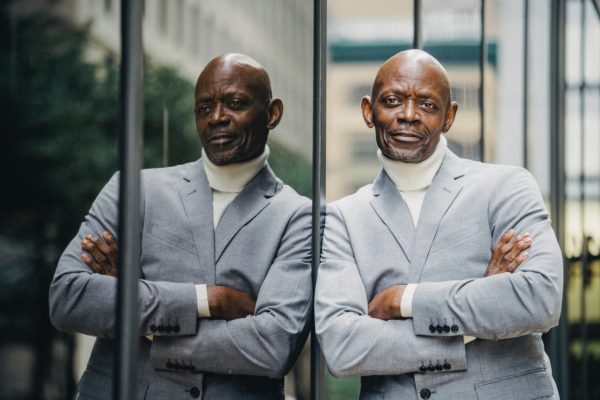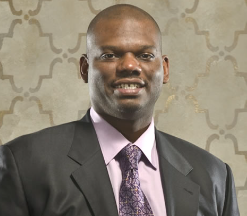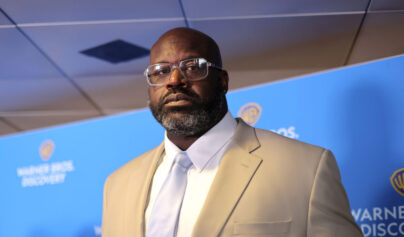By Max Abelson
When Wall Street executives talk about diversifying an industry that’s still run mostly by White bosses, chances are good they mean recruitment, retention, mentorship or donating jumbo checks.
The four co-founders of a new company, Known Holdings, aren’t worrying about all that. They’re not going to work on improving representation inside big banks — they want people of color in charge of their own finance giants.

Known is building what it calls a “mother ship” for Black, Indigenous, and Latinx leaders on Wall Street. The goal is to help entrepreneurs launch and fuel firms and funds that will be strong enough to dominate for decades. That means providing them with growth capital as well as help with business development and fundraising, along with the workaday stuff of human resources, branding, accounting and analytics.
They also plan to take stakes in registered investment advisers run by or for underrepresented groups.
“I know how finance works, I know the machine, I know the gaps,” said Known co-founder Valerie Red-Horse Mohl, who is East Bay Community Foundation’s chief financial officer and teaches entrepreneurship at Stanford University’s Center for Comparative Studies in Race & Ethnicity. “There is a system of support and networking that works, so that a small startup becomes a trillion-dollar company.”
Her co-founders are Jim Casselberry, chief investment officer of family office 4S Bay Partners, investor Nathalie Molina Niño and technology strategist Ushir Shah. They’re planning to raise about $55 million for the company, and aim to have more than $5 billion in assets under management.
Known’s main work will help with capital, consulting and development, while a separate program emphasizes incubators and networking. They have plans to add in a unit aimed at wealth-management firms and another to invest in funds.
‘Brain Trust’
The co-founders won’t necessarily run the company, whose top executives haven’t been announced yet. Instead, the company has formed what it describes as a “brain trust” of advisers and investors that includes Priya Parrish, chief investment officer at private equity firm Impact Engine, venture capitalist Ibrahim AlHusseini, and Andre Perry, a senior fellow at the Brookings Institution, where he studies race and structural inequality.
“If you look at traditional banks and traditional investment banks, they’re perceived — rightfully or wrongly — as being part of the problem, and not part of the solution,” AlHusseini said. The FullCycle founder made the biggest investment in Known that he could because “they’re building a place to house, shepherd and champion.”
Known is hardly the first attempt to help Black entrepreneurs find their way. JPMorgan Chase & Co. started a $350 million program this year to help underserved entrepreneurs, Goldman Sachs Group Inc. pledged $10 billion over 10 years to address bias and help 1 million Black women, and the National Urban League runs an entrepreneurship program that’s trained more than 60,000 businesses since 2006.
“Not to suggest that representation is not important, but there’s a big difference between having a face on a website, a seat at a board table — versus actually having meaningful ownership in a company,” said Molina Niño. The firm, she joked, won’t have a diversity department. And if Known succeeds, it will help people who’ve been outsiders begin “owning the machinery that runs the economy.”
More stories like this are available on bloomberg.com.




